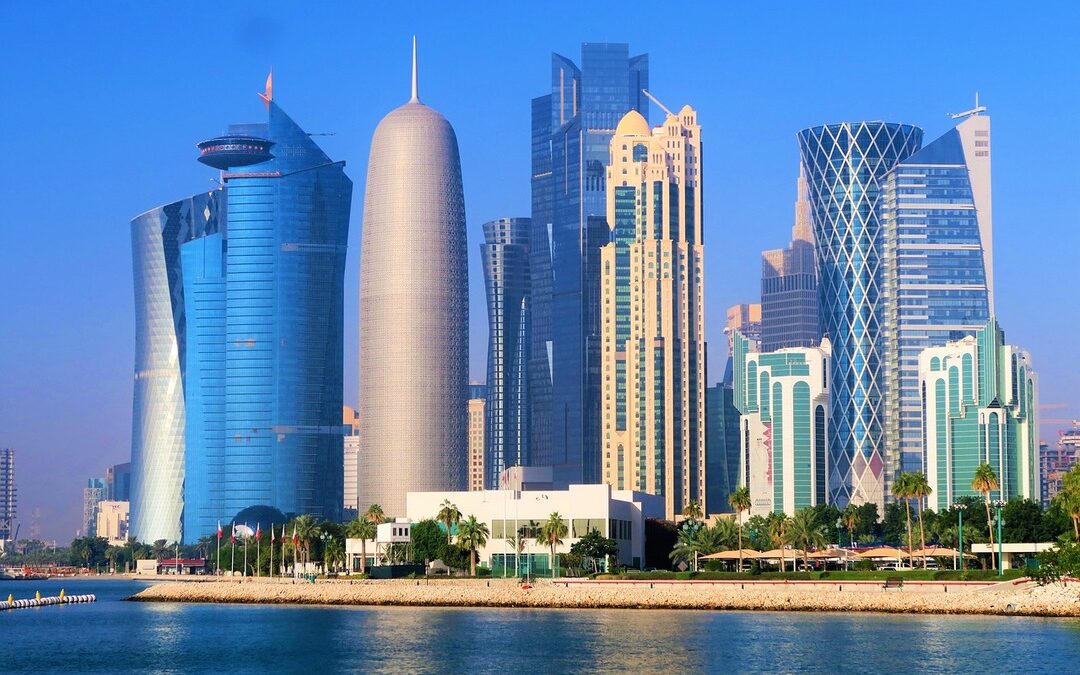MUFG and Doha Bank Close First Green Repurchase Scheme in Middle East
This transaction marks both institutions’ first green repo scheme, utilizing green bonds as the underlying collateral.
Mitsubishi UFJ Financial Group and Doha Bank announced on Tuesday that they have successfully closed their first green repurchase or repo scheme in the Middle East and North Africa region.
According to a press statement, this transaction marks both institutions’ first green repo scheme, utilizing green bonds as the underlying collateral.
A green repo scheme is a financial arrangement where a party sells securities to another party with an agreement to repurchase them at a later date at a slightly higher price.
The key difference from a traditional repo is that the securities involved in a green repo are securities, such as green bonds, the proceeds of which are used to finance further green initiatives.
Clean Financing
In this case, cash proceeds generated from the repurchase of green bonds issued by Qatar will be committed to the funding and purchasing green assets aligned with Doha Bank’s Sustainable Finance Framework.
“Innovative products such as Green Repos are central to Doha Bank’s ESG initiative. These funding initiatives help raise liquidity to invest into ‘green eligible’ collateral that acts as a bridge in achieving our sustainability targets in line with Qatar National Vision 2030,” said Sheikh Abdulrahman bin Fahad al-Thani, Group CEO of Doha Bank.
Andre Van Hese, international head of securities financing of MUFG, said it remains committed to working with clients in the Mena region to build bespoke solutions to help navigate the importance of fostering an ESG-compliant ecosystem.
“This transaction is a testament to our efforts, and we look forward to building on this success as the region executes its ambitious sustainability strategy,” he added.
Brighter Prospects
An MUFG analysis said policymakers in the Gulf Cooperation Council are undertaking extensive investments to further net-zero targets across the region. They focus on decarbonizing high-carbon emitting sectors in hydrocarbon production, power generation and industrial production.
“Looking ahead, the GCC region remains well positioned to capitalize on its comparative advantages of low-cost positioning across the energy value chain, geographical proximity to key import markets, and its constructive regulatory backdrop to become a vital global decarbonization leader,” the analysis said.
These favorable characteristics will enable these economies to strengthen their base beyond conventional fossil fuel energy sources and become a global hub for clean energy, it added.
Read More:
Nearly 80% of Middle East Executives Have Formal Sustainable Strategies: PwC

